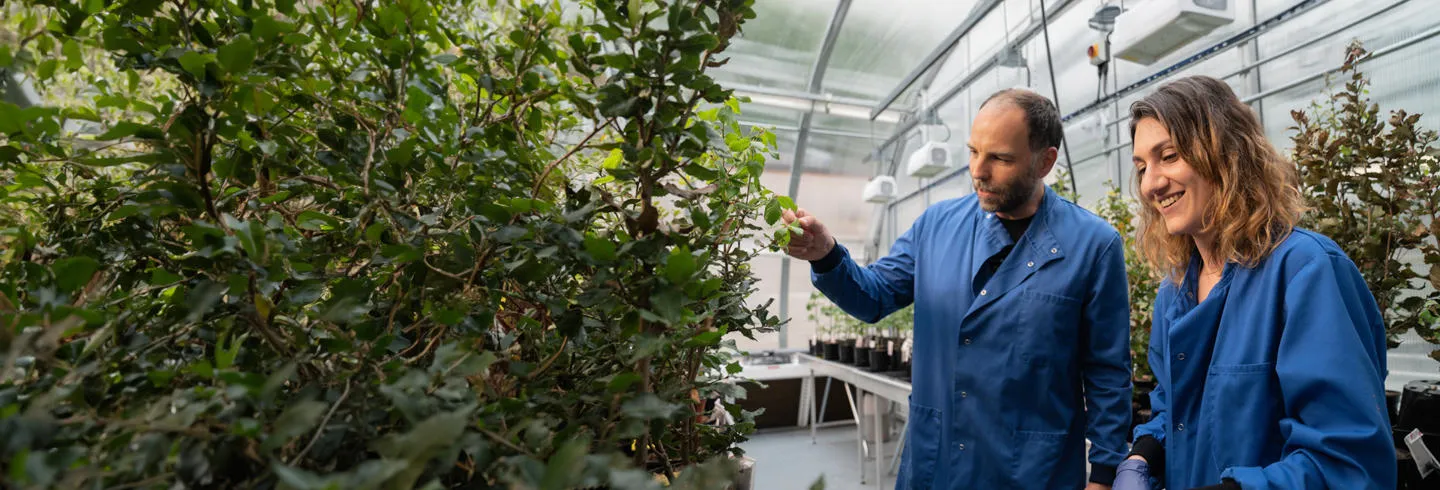Ranked 10th in the Russell Group for Grade Point Average (Source: REF 2021)

Our research

Our unbound approach to research lets us reimagine and rethink the established. In all our research, we are transforming lives across the globe and changing how the world works.
Our research challenge themes
Guiding our focus and drawing across our vast expertise and resources, our five research challenge themes showcase our pioneering breakthroughs, multidisciplinary collaboration, and significant global impact.

Fairer World
Our research is driving meaningful change to tackle inequalities that permeate society.

Thriving Planet
Our research is improving air quality and access to clean water, and advancing the clean technologies needed to ensure a sustainable future.

Life-Changing Technologies
We are driving innovation with industrial and manufacturing partners, advancing technology and accelerating impact on human progress.

Connecting Cultures
Our research promotes and connects diverse cultures, fosters social inclusion, shared ownership, and a sense of belonging.

Global Health
We are improving the health of people across the world through new discoveries, treatments, and patient pathways.

Stay connected
Get updates on the latest research, news, and developments from University of Birmingham.
- 10th
- 92%
Of our research is rated as world-leading or internationally excellent (Source: REF 2021)
125th Anniversary Fellows and Chairs

Celebrating 125 years of research excellence
We are marking a special anniversary by investing in our future. Meet our anniversary researchers.

Become one of our anniversary researchers
Join our anniversary community. Applications are open until 11 January 2026.

Stay connected
Subscribe for recruitment updates and the latest news from our researchers.
Research portal
Search our researchResearch institutes and centres
Explore our research excellencePartner with us
Discover how we can work togetherResearch environment
Discover our collaborative culture
Postgraduate research
Find out how to applyWe offer a wide range of world-leading research opportunities to choose from.

